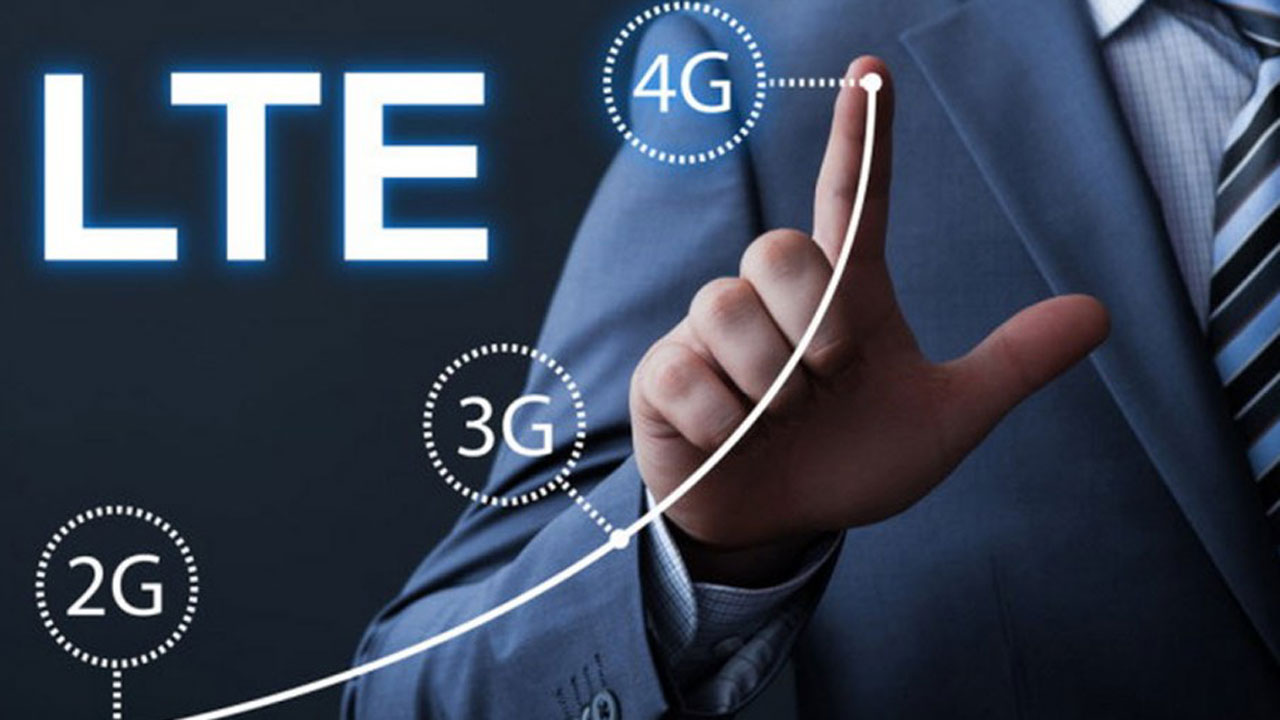Latest data from the Ookla’s Speedtest Global Index, a worldwide internet speed rating agency has suggested that subscription for internet access by many Nigerians is based on the importance of internet to their daily lives and not due to speed and affordability.
Otherwise, if speed is the key considerable factor in subscription for internet, number of Nigerians connected would have been nose-diving on a daily basis.
Analysts say that is why Internet speed in Nigeria has remained slow despite recording increasing subscriptions to third generation of wireless technology, 3G and fourth generation of wireless technology, 4G in the past one year.
The new report which moved Nigeria down to 107th from 106 it was last year on mobile Internet download speed as of February 2019, showed that not minding the frustrations in downtimes, Nigerians have continued to grow in number of connected people.
This is also the reason why every Nigerian whose business has to do with data is clutching multiple sources of internet to remain connected as improvement in speed remain elusive after all.
Last month in Nigeria, the average mobile Internet download speed was 12.22 megabits per second down from 12.76 mbps in January.
Ookla’s Speedtest Global Index, which compared Internet speed data from around the world on a monthly basis, stated that the global average for mobile Internet download speed for the 136 countries examined in February was 25.27mbps while 10.05mbps was the global average upload speed attained.
Details from the report on Nigeria showed that average mobile Internet download speed in January was the highest in one year while the lowest Internet speed at 9.50mbps was recorded in March last year.
However, upon the country’s 61.73 million new 3G and 4G subscriptions, Nigeria had not exceeded the 102th Internet speed ranking in the past one year despite rising 3G and 4G subscriptions.
Experts traced the development to failure of the networks to step up infrastructure upgrade and delivery of last mile which had been tied to poor fixed broadband penetration powered by inability of the states government to understand the impacts of high access fees for Right of Way (RoW) and the common cases of multiple taxation on telecom firms.









